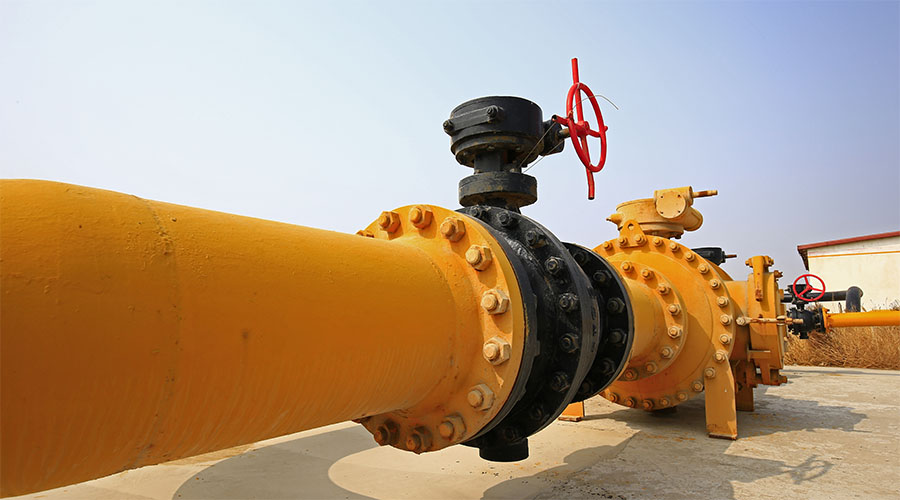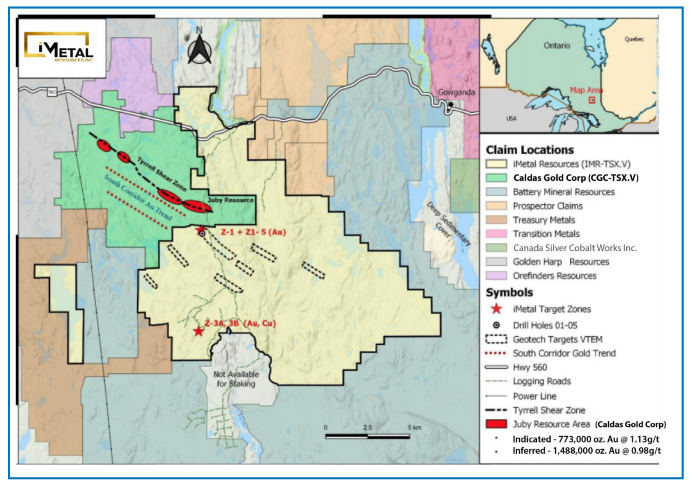'Combat Geology' May Prove a Powerful Tool
Source: Mineweb, Dorothy Kosich (1/11/11)
"Afghanistan-based geologists practice their trade under fire."
The decades-long series of conflicts in Afghanistan has, by necessity, given birth to a new mode of mining exploration-"combat geology."
Basically, it necessitates that a geologist or other exploration professional goes into the field with the possibility that he or she—and the security detail protecting him or her—could be shot and killed in an instant.
Alex Chaihorsky is the senior advisor to the U.S. Department of Defense and chief of exploration for DOD and U.S. Geological Survey mining and exploration projects in Afghanistan and calls Reno home.
During a presentation Monday to the Northern Nevada Section of SME, the native Russian noted that Russian geologists had been practicing "combat geology" for four decades in Afghanistan.
The U.S. Government is determined to attract mining exploration to Afghanistan, a major U.S.-built mineral information data center is now being developed in Afghanistan, which will be open to anyone as well as be accessible on line.
To facilitate future exploration, Chaihorsky helped delineate mineral project areas in Afghanistan last year.
"We want you there," Chaihorsky emphasized to the packed SME dinner Monday attended by northern Nevada mining professionals and university students.
Chaihorsky said he is hoping that mid-level mining and exploration companies will venture into Afghanistan because he believes they "will put more effort into it" than large mining companies. Those mid-level companies can then bring their Afghan-related exploration program results to the big companies, he suggested.
"A geologic education does not prepare you for combat geology," Chaihorsky advised. "You have to be hungry," Chaihorsky warned, "because they [the Taliban] are still shooting."
Wherever members of USGS or DOD exploration programs work in Afghanistan, they are accompanied by special security forces, and practice their trade clad in armor and a helmet.
Basically, it necessitates that a geologist or other exploration professional goes into the field with the possibility that he or she—and the security detail protecting him or her—could be shot and killed in an instant.
Alex Chaihorsky is the senior advisor to the U.S. Department of Defense and chief of exploration for DOD and U.S. Geological Survey mining and exploration projects in Afghanistan and calls Reno home.
During a presentation Monday to the Northern Nevada Section of SME, the native Russian noted that Russian geologists had been practicing "combat geology" for four decades in Afghanistan.
The U.S. Government is determined to attract mining exploration to Afghanistan, a major U.S.-built mineral information data center is now being developed in Afghanistan, which will be open to anyone as well as be accessible on line.
To facilitate future exploration, Chaihorsky helped delineate mineral project areas in Afghanistan last year.
"We want you there," Chaihorsky emphasized to the packed SME dinner Monday attended by northern Nevada mining professionals and university students.
Chaihorsky said he is hoping that mid-level mining and exploration companies will venture into Afghanistan because he believes they "will put more effort into it" than large mining companies. Those mid-level companies can then bring their Afghan-related exploration program results to the big companies, he suggested.
"A geologic education does not prepare you for combat geology," Chaihorsky advised. "You have to be hungry," Chaihorsky warned, "because they [the Taliban] are still shooting."
Wherever members of USGS or DOD exploration programs work in Afghanistan, they are accompanied by special security forces, and practice their trade clad in armor and a helmet.


























































